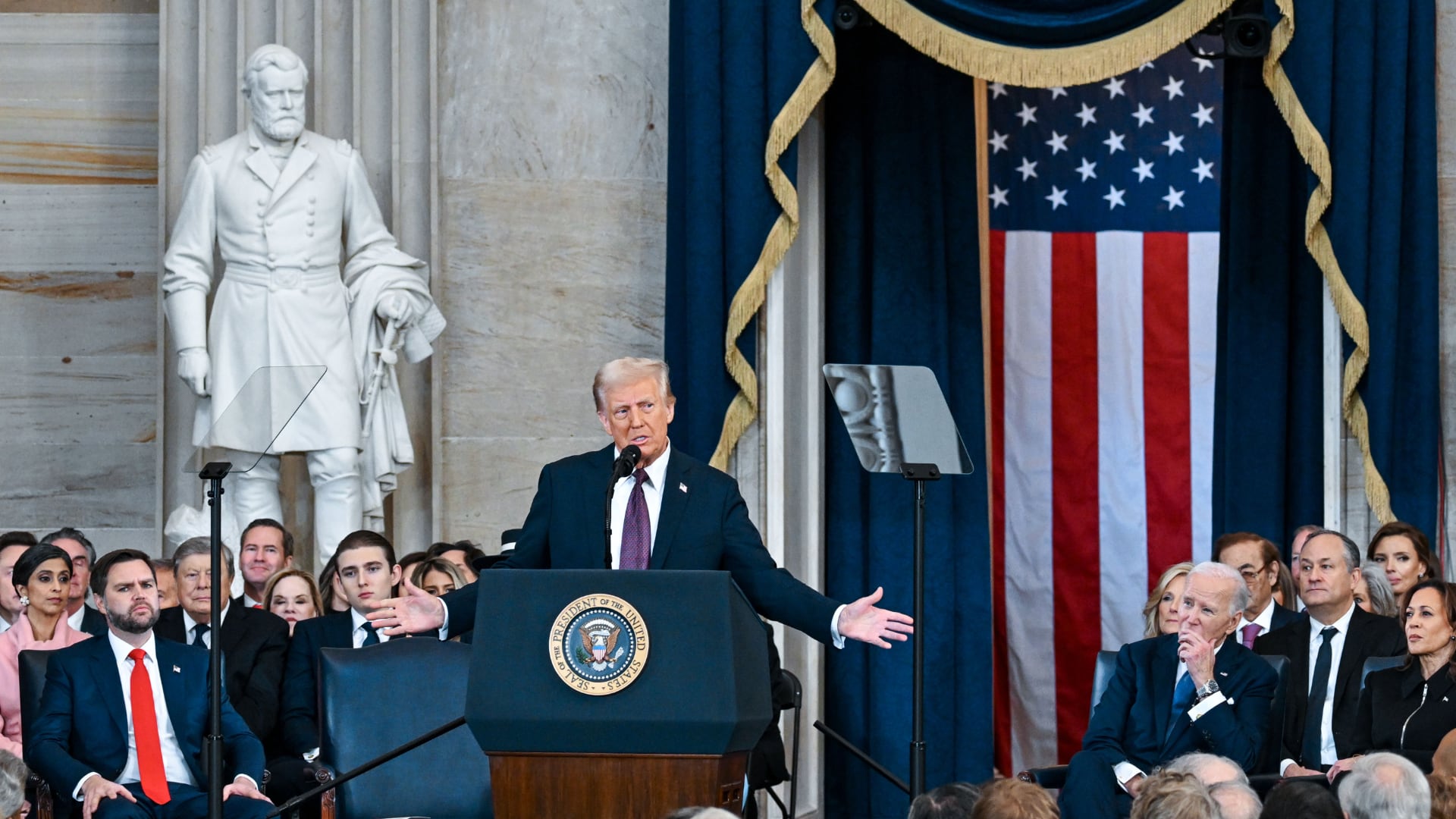By Ricardo Alonso-Zaldivar and Candice Choi
Federal health authorities have received reports of nearly 26,000 nursing home residents dying from COVID-19, according to materials prepared for the nation's governors. That number is partial and likely to go higher.
A letter from the Centers for Medicare and Medicaid Services and the Centers for Disease Control and Prevention reports more than 60,000 cases of coronavirus illness among nursing home residents. A copy of the letter and an accompanying chart were provided to The Associated Press.
The numbers, which had been promised by the end of May, are partial. The letter said the data are based on reports received from about 80% of the nation's 15,400 nursing homes.
CMS, which is responsible for nursing home quality standards, also told the governors it is increasing penalties for nursing homes failing to comply with longstanding infection control requirements.
A federal watchdog report last month found a “persistent” pattern of infection control problems in nursing homes even before the coronavirus. The Government Accountability Office said that about 40% of the nursing homes inspected in each of the past two years were cited for problems with infection control and prevention.
Although the first wave of the pandemic may be easing in much of the country, that doesn’t mean nursing homes are in any less danger. Experts say in a virus rebound they can again become the stage for tragic scenes of death and despair, as well as a risk for the broader community.
“What is going on in a nursing home can be a barometer for where the virus is,” said Tamara Konetzka, a research professor at the University of Chicago, who specializes in long-term care issues. “You’ve got to be watching out and expecting a lot of cases in that community as well.”
It’s widely agreed that prompt, methodical, ongoing testing of residents and staff is the key to making nursing homes safer, but a White House recommendation for states to test all residents within two weeks failed to produce desired results. A recent AP review found a patchwork of progress, with only a handful of states meeting the goal. Nationwide, about 1.4 million elderly and disabled residents live in some 15,500 facilities.
The nursing home industry says money is one of the main obstacles to widespread testing, particularly to pay for testing of staff, who number more than 1 million people. An industry trade group, the American Health Care Association, estimates it would cost $672 million for a one-time test for all residents and staff in nursing homes and assisted living facilities. And that would not solve the problem since public health experts recommend ongoing testing.
Another hurdle is that many nursing homes don’t have established relationships with medical labs to quickly turn around results.
Mark Parkinson, head of the nursing home association, says the cost of a well-designed national testing program could reach into the billions of dollars.
“It’s very important in the next stimulus bill not to just order testing,” said Parkinson, adding that Congress needs to provide the money as well.
The Centers for Medicare and Medicaid Services has recommended a one-time test for all residents and staff, as well as weekly retesting of staff. Facilities should retest residents weekly until none test positive. CMS head Seema Verma says states should use “extreme caution” before reopening nursing homes to visitors.
Some policy experts are hoping that the loss of life in nursing homes will lead state and national leaders to overhaul policies toward the industry, long a stepchild of the health care system.
“This is not a nursing home problem; this is a health system problem,” said Terry Fulmer, president of the John A. Hartford Foundation, which works to improve care for older adults. “Every system produces the outcome it is set up for. If you set up a system where the sickest and frailest people are in locations that are forgotten about and ignored, where the staff is paid less, why should that surprise anyone?”













